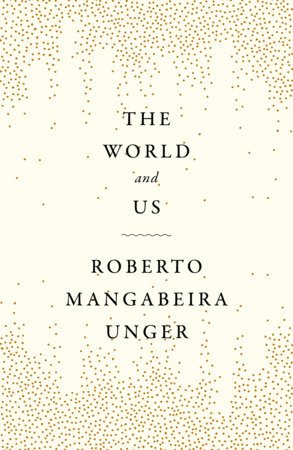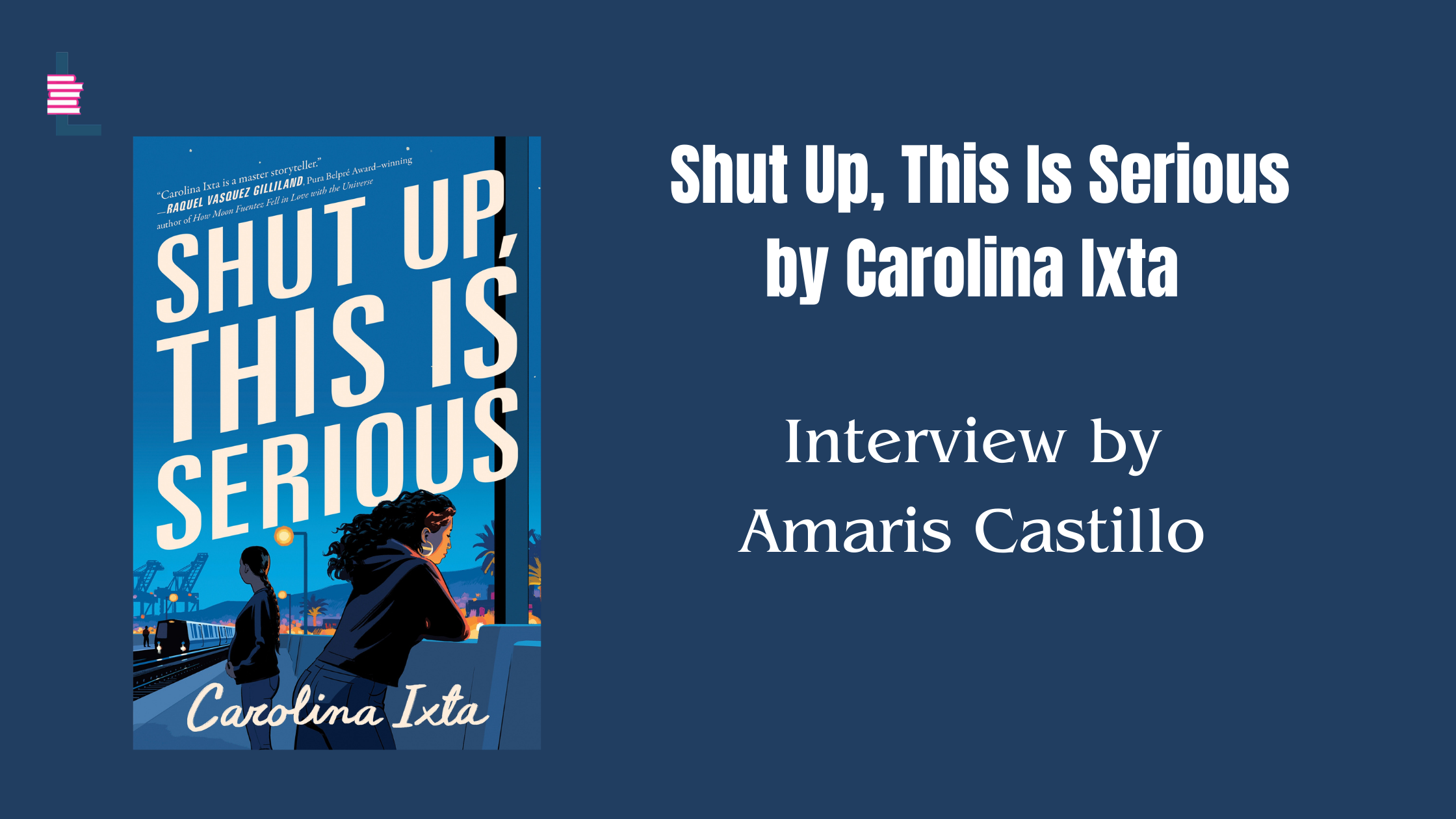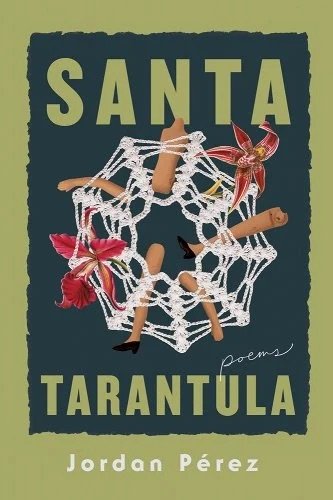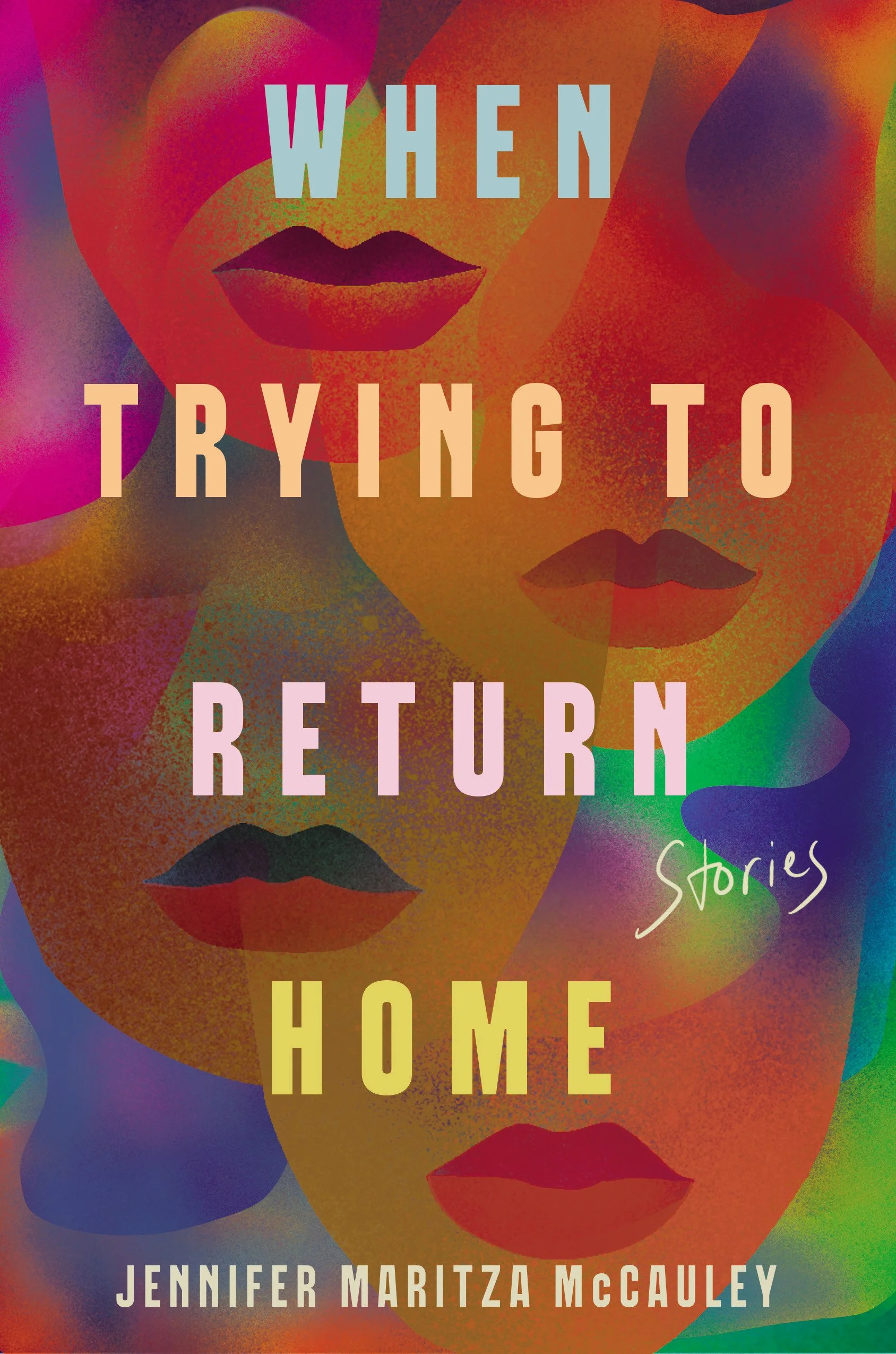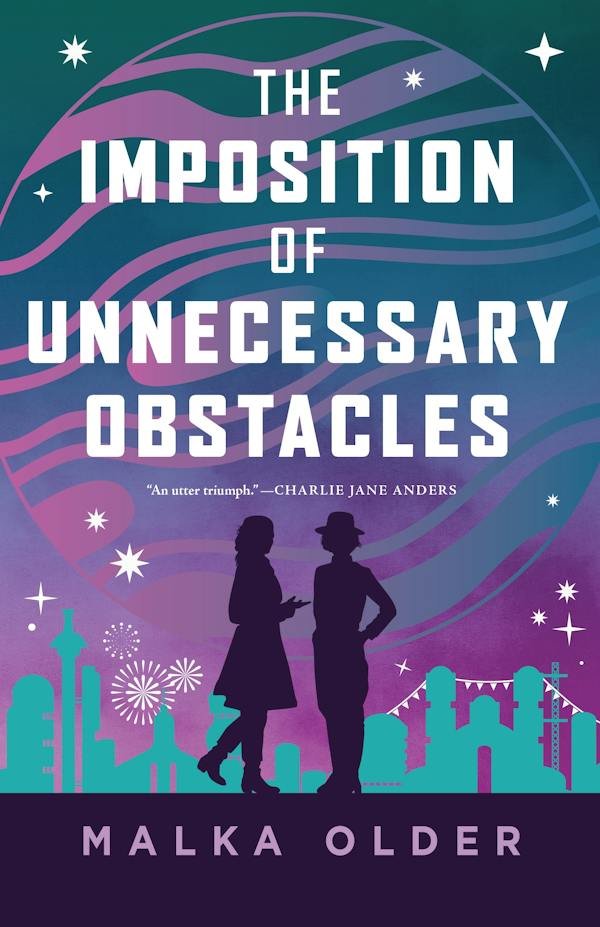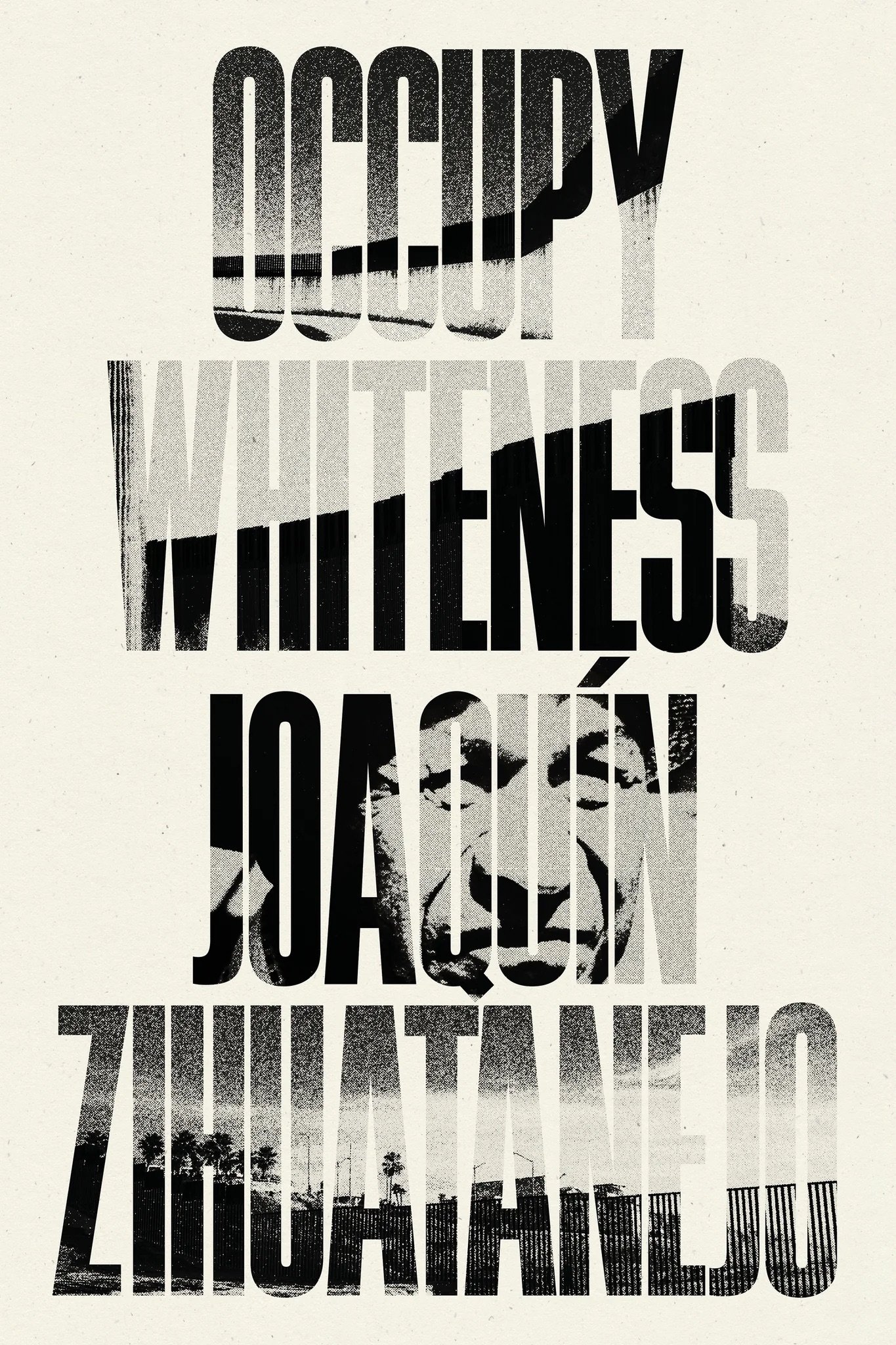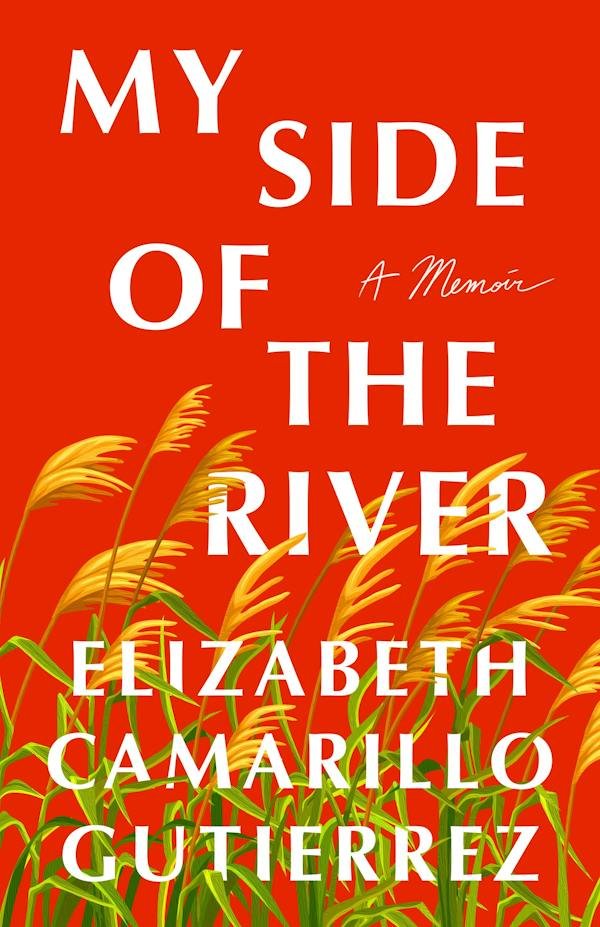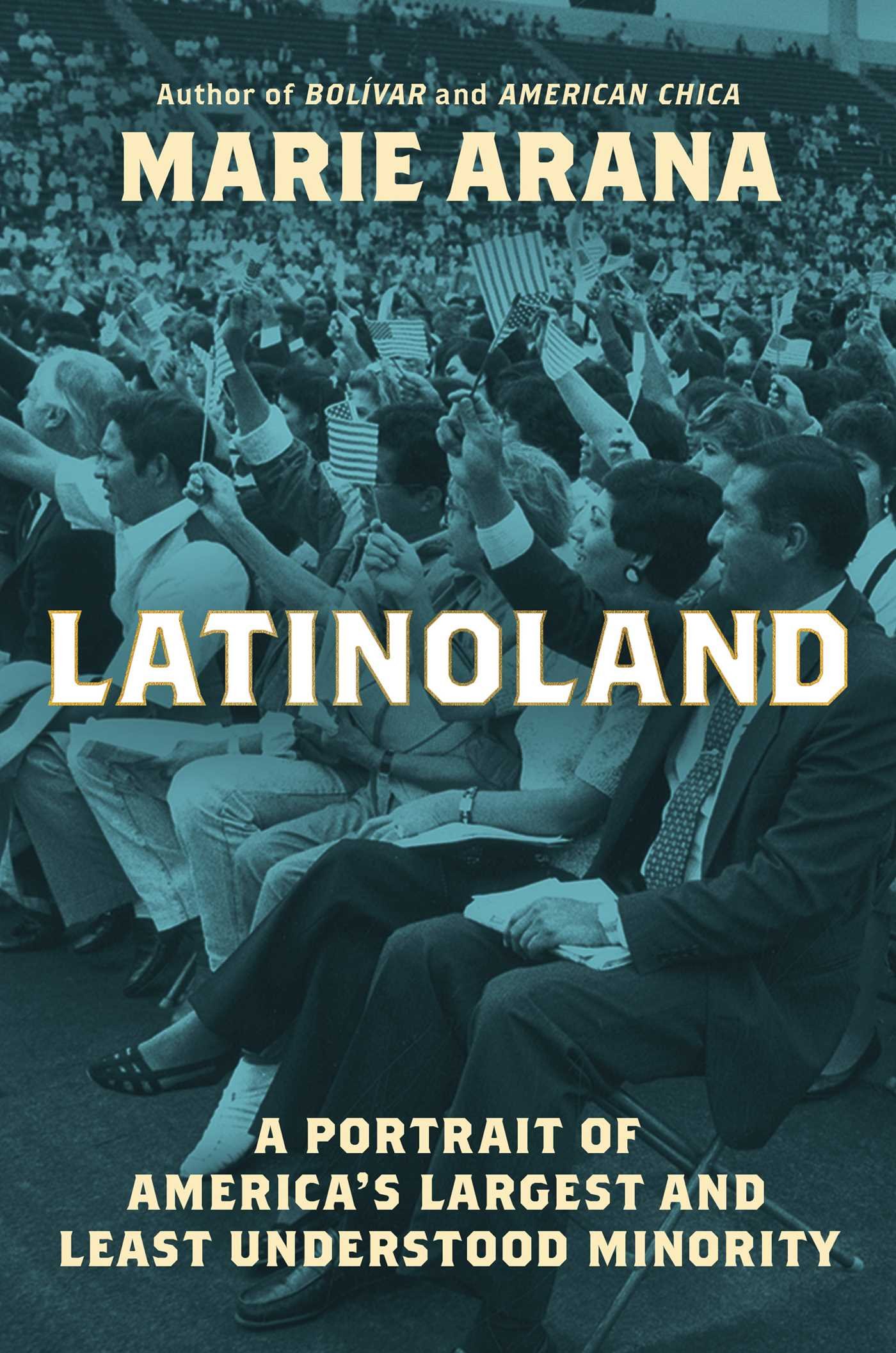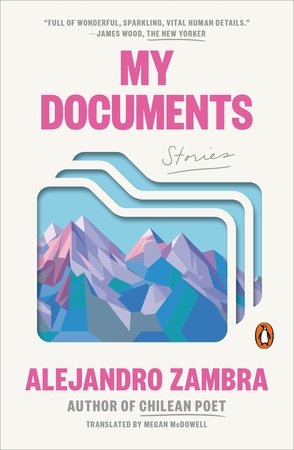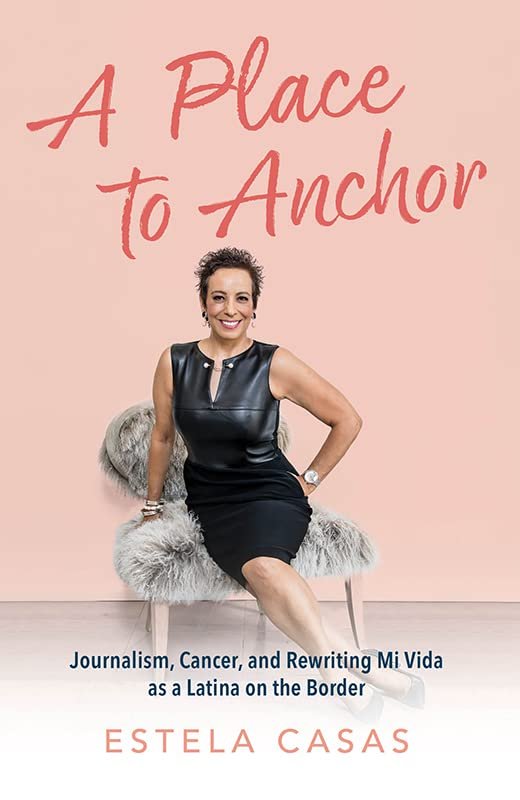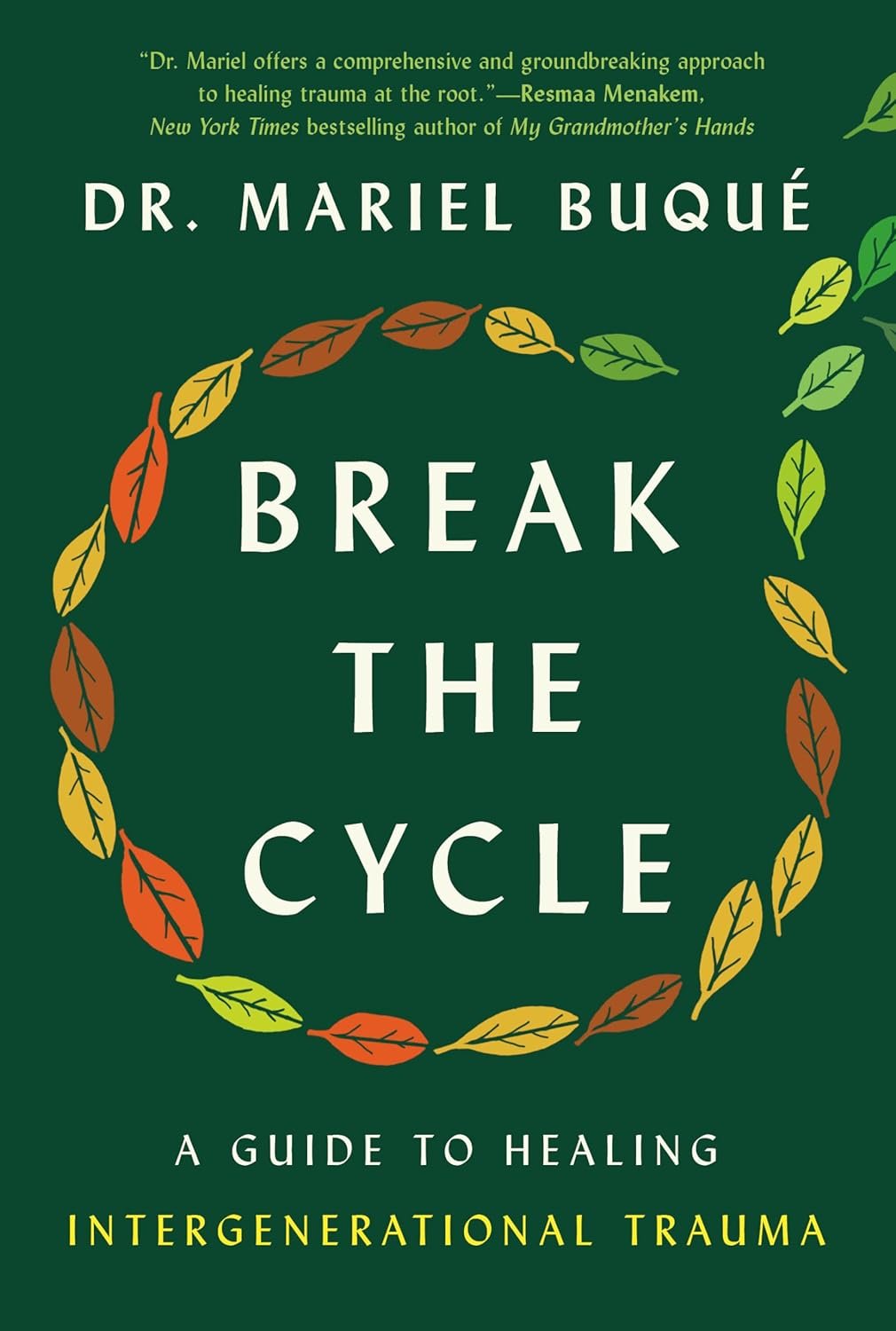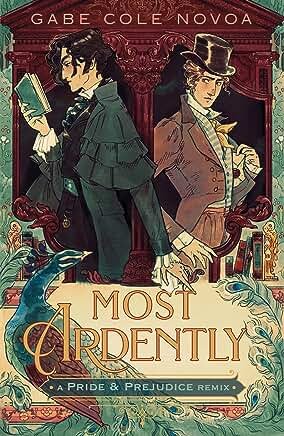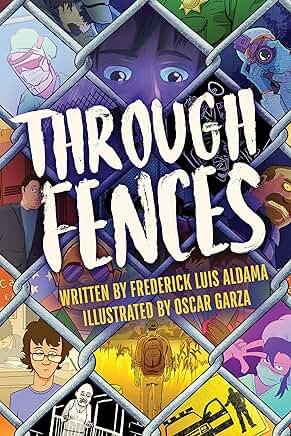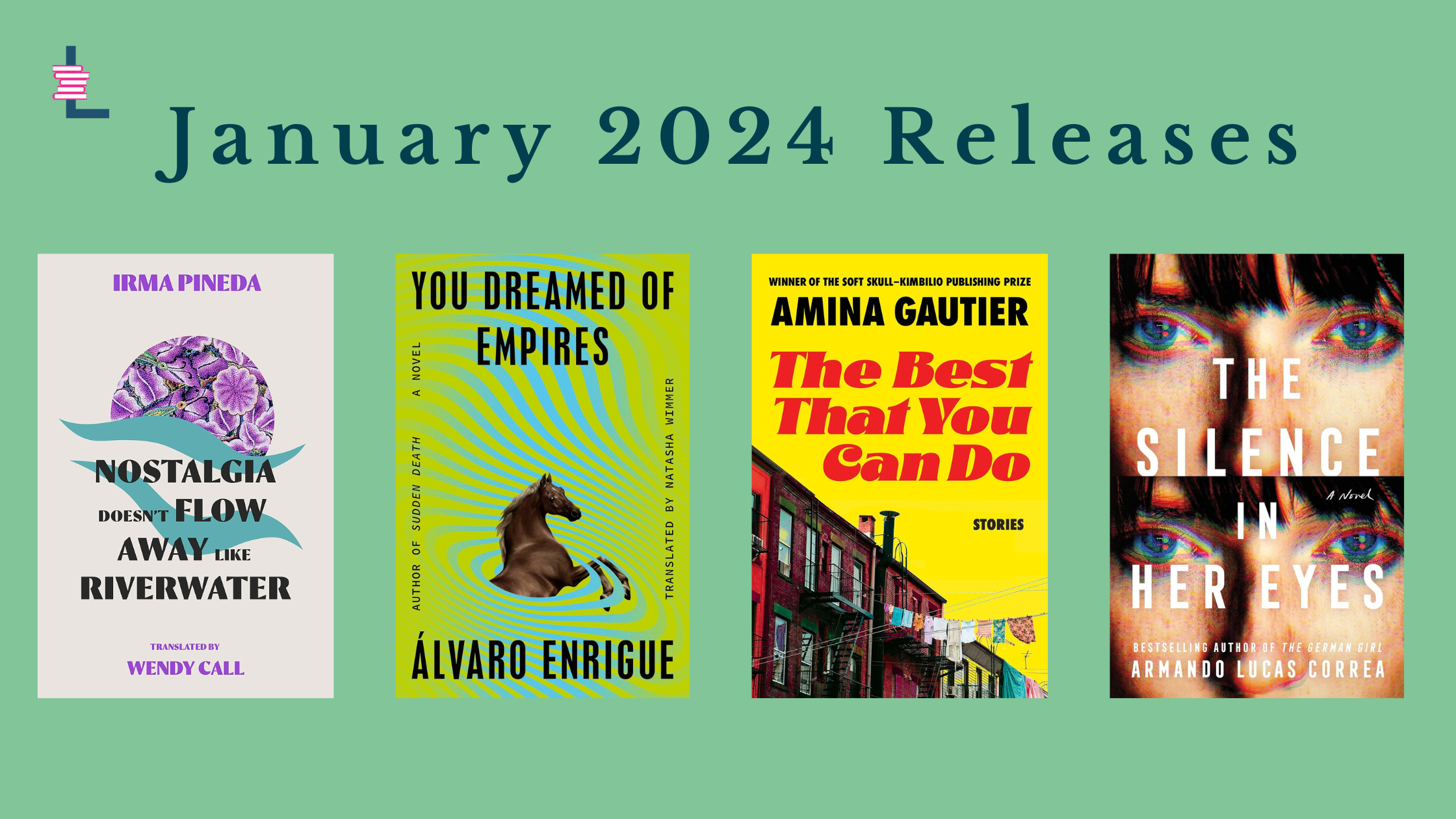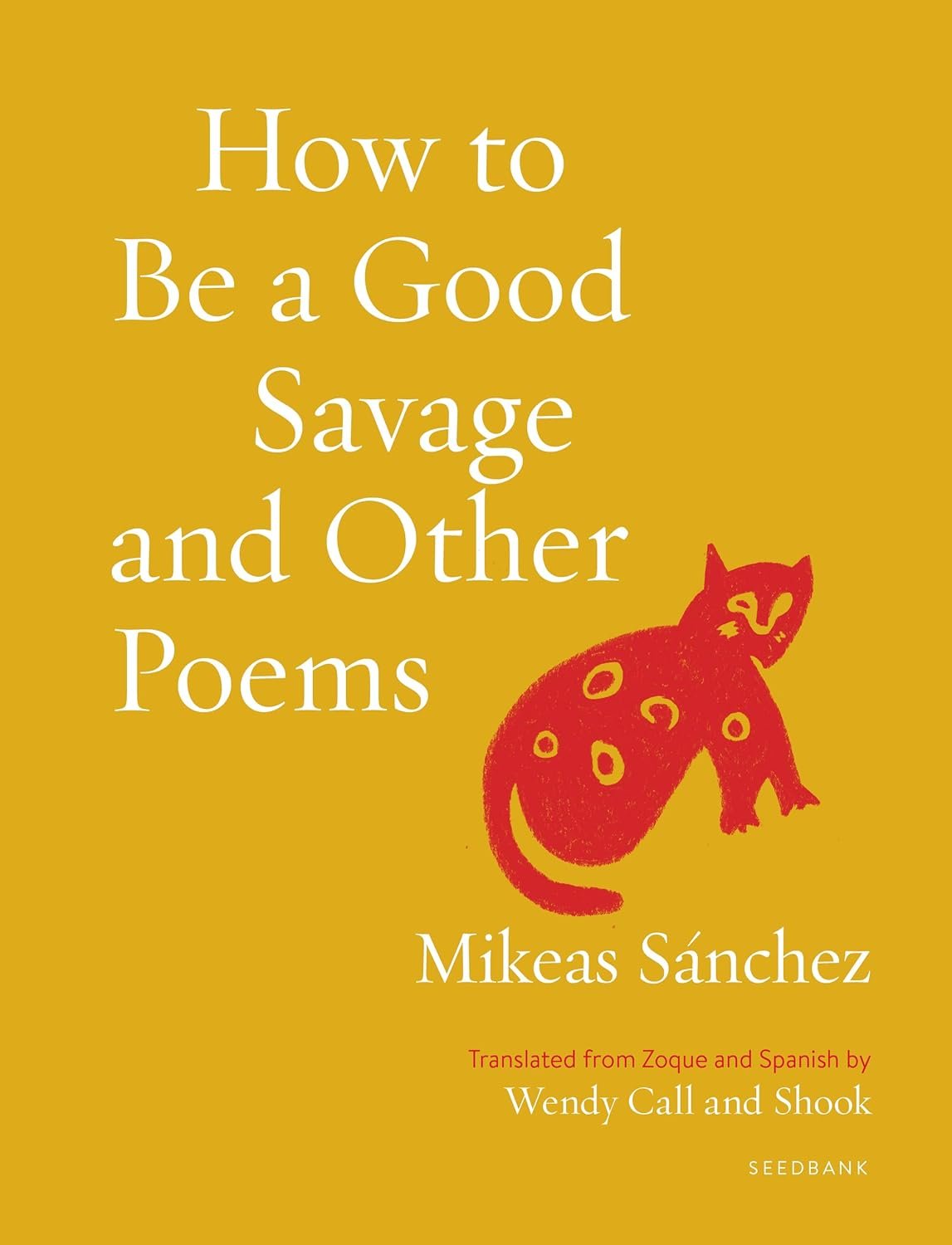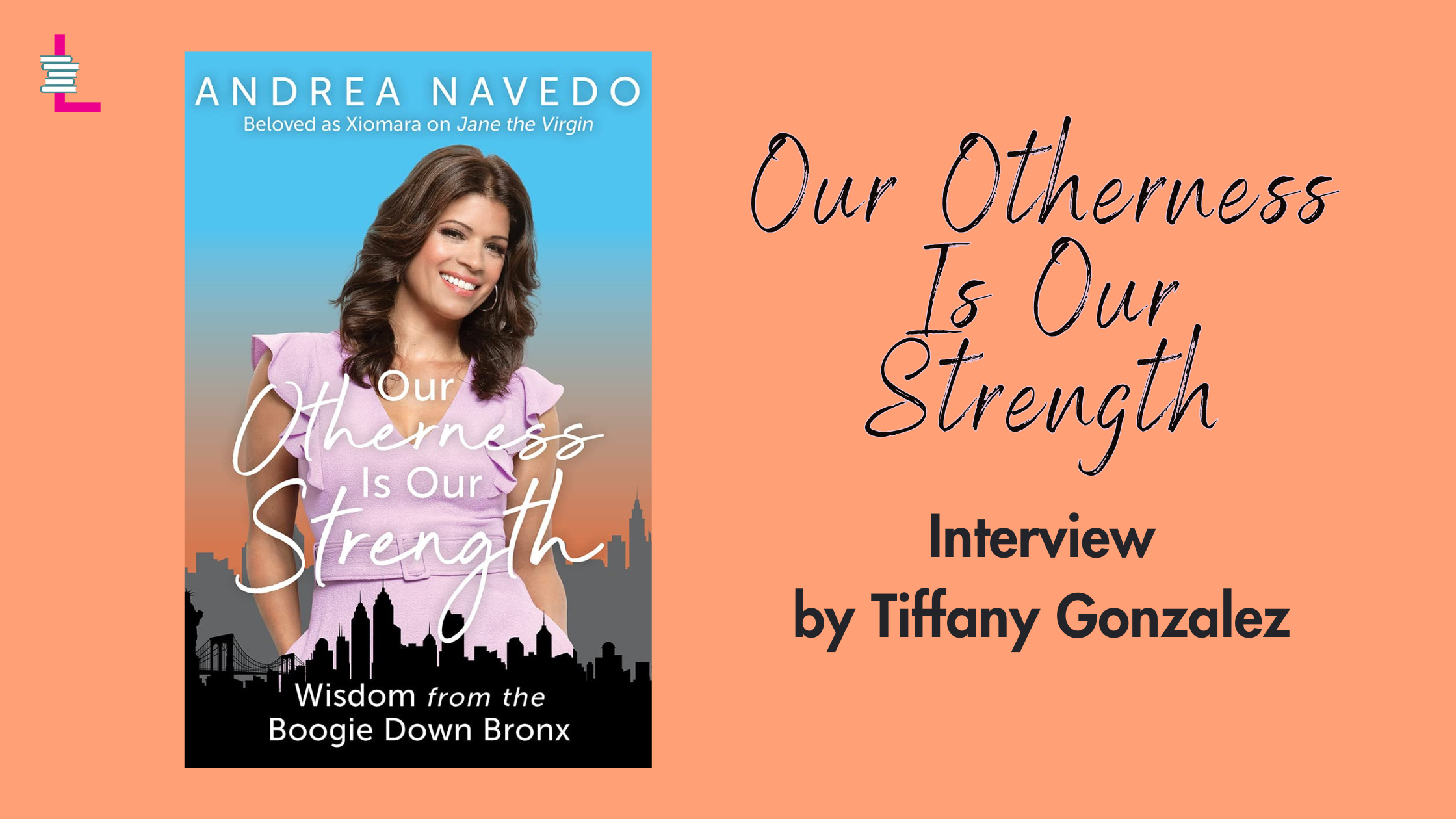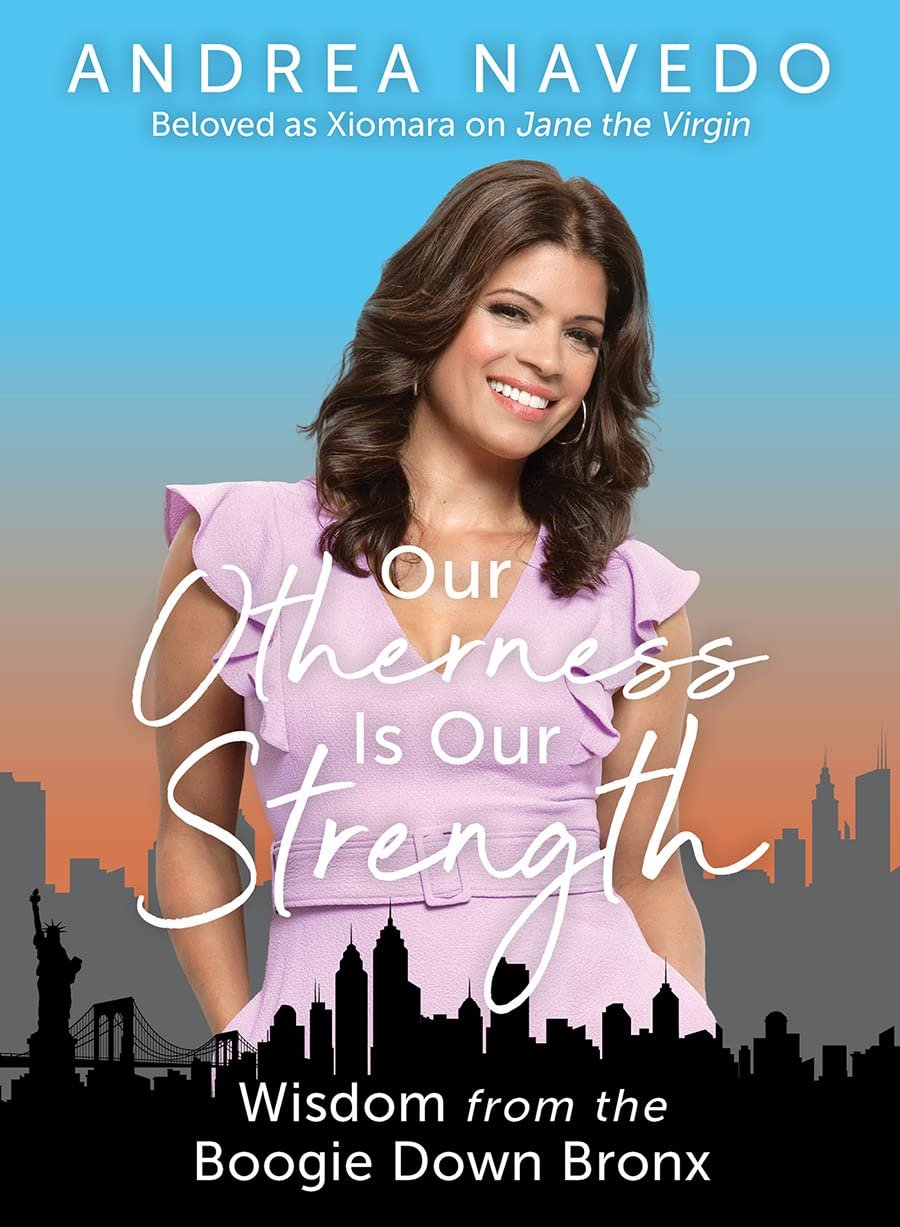From literary fiction to fantasy to memoirs to poetry to children’s books…these are our most anticipated books of the year! All are available for preorder (or to buy now), so start planning your gifts for family and friends, and for yourself! And remember to sign up for our newsletter and keep your eyes on our blog for new releases each month. Our Latine community is putting out many, many more exciting books this year.
Craft: Stories I Wrote for the Devil by Ananda Lima | ADULT FICTION | On Sale June 18
Ananda Lima lures readers into surreal pockets of the United States and Brazil where they’ll find bite-size Americans in vending machines and the ghosts of people who are not dead. Once there, she speaks to modern Brazilian-American immigrant experiences–of ambition, fear, longing, and belonging―and reveals the porousness of storytelling and of the places we call home.
Say Hello to My Little Friend by Jennine Capo Crucet | ADULT FICTION | On Sale March 5
Failed Pitbull impersonator Ismael Reyes—Izzy—might not be the Scarface type, but why should that keep him from trying? Growing up in Miami has shaped him into someone who dreams of being the King of the 305, with the money, power, and respect he assumes comes with it. After finding himself at the mercy of a cease-and-desist letter from Pitbull’s legal team and living in his aunt’s garage-turned-efficiency, Izzy embarks on an absurd quest to turn himself into a modern-day Tony Montana. When Izzy’s efforts lead him to the tank that houses Lolita, a captive orca at the Miami Seaquarium, she proves just how powerful she and the water surrounding her really are. What begins as Izzy’s story turns into a super-saturated fever dream as sprawling and surreal as the Magic City. As the truth surrounding Izzy’s boyhood escape from Cuba surfaces, the novel reckons with the forces of nature, with the limits and absence of love, and with the dangers of pursuing a tragic inheritance.
The Dead Don’t Need Reminding: In Search of Fugitives, Mississippi, and Black TV Nerd Shit by Julian Randall | ADULT NONFICTION | On Sale May 7
The Dead Don’t Need Reminding is a braided story of Julian Randall’s return from the cliff edge of a harrowing depression and his determination to retrace the hustle of a white-passing grandfather to the Mississippi town from which he was driven amid threats of tar and feather.
Alternatively wry, lyrical, and heartfelt, Randall transforms pop culture moments into deeply personal explorations of grief, family, and the American way. He envisions his fight to stay alive through a striking medley of media ranging from Into the Spiderverse and Jordan Peele movies to BoJack Horseman and the music of Odd Future. Pulsing with life, sharp, and wickedly funny, The Dead Don’t Need Reminding is Randall’s journey to get his ghost story back.
The Bullet Swallower by Elizabeth Gonzalez James | ADULT FICTION | On Sale January 23
In 1895, Antonio Sonoro is the latest in a long line of ruthless men. He’s good with his gun and is drawn to trouble, but he’s also out of money and options. A drought has ravaged the town of Dorado, Mexico, where he lives with his wife and children, and so when he hears about a train laden with gold, he sets off for Houston to rob it—with his younger brother in tow. But when the heist goes awry, Antonio finds himself launched into a quest for revenge that endangers not only his life, but his eternal soul. In 1964, Jaime Sonoro is Mexico’s most renowned actor and singer. But his comfortable life is disrupted when he discovers a book that purports to tell the entire history of his family. In its pages, Jaime learns about the multitude of horrific crimes committed by his ancestors. And when the same mysterious figure from Antonio’s timeline shows up in Mexico City, Jaime realizes that he may be the one who has to pay for his ancestors’ crimes, unless he can discover the true story of his grandfather Antonio, the legendary bandido El Tragabalas, The Bullet Swallower.
The Great Divide by Cristina Henríquez | ADULT FICTION | On Sale March 5
It is said that the canal will be the greatest feat of engineering in history. But first, it must be built. For Francisco, a local fisherman who resents the foreign powers clamoring for a slice of his country, nothing is more upsetting than the decision of his son, Omar, to work as a digger in the excavation zone. Ada Bunting is a bold sixteen-year-old from Barbados. Alone and with no resources, she is determined to find a job that will earn enough money for her ailing sister’s surgery. When she finds Omar collapsed after a grueling shift, she rushes to his aid. John Oswald has dedicated his life to scientific research and has journeyed to Panama in single-minded pursuit of one goal: eliminating malaria. But now, his wife, Marian, has fallen ill herself, and when he witnesses Ada’s bravery and compassion, he hires her on the spot as a caregiver. This fateful decision sets in motion a sweeping tale of ambition, loyalty, and sacrifice.
There Is a Rio Grande in Heaven: Stories by Ruben Reyes Jr. | ADULT FICTION | On Sale August 6
In There Is a Rio Grande in Heaven, Ruben Reyes Jr. conjures strange dreamlike worlds to explore what we would do if we woke up one morning and our lives were unrecognizable. Boundaries between the past, present, and future are blurred. Menacing technology and unchecked bureaucracy cut through everyday life with uncanny dread. The characters, from mango farmers to popstars to ex-guerilla fighters to cyborgs, are forced to make uncomfortable choices—choices that not only mean life or death, but might also allow them to be heard in a world set on silencing the voices of Central Americans.
Tiny Threads by Lilliam Rivera | ADULT FICTION | On Sale August 27
Fashion-obsessed Samara finally has the life she’s always dreamed of: a high-powered job with legendary designer Antonio Mota, a new home in sunny California, and an intriguing love interest. But it’s not long before Samara’s dream life begins to turn into a living nightmare, as Mota’s big fashion show approaches and the pressure on Samara turns crushing. She begins hearing voices in the dark—and seeing strange things that can’t be explained away. And it may not only be Samara’s unraveling psyche, because she soon discovers hints that her new city—and the house of Mota—may have been built on a foundation of secrets and lies. Now Samara must uncover what hideous truths lurk in the shadows of this illusory world of glamor and beauty, before those shadows claim her…
My Side of the River by Elizabeth Camarillo Gutierrez | ADULT NONFICTION | On Sale February 13
Born to Mexican immigrants south of the Rillito River in Tucson, Arizona, Elizabeth had the world at her fingertips. She was preparing to enter her freshman year of high school as the number one student when suddenly, her own country took away the most important right a child has: the right to have a family. When her parents’ visas expired and they were forced to return to Mexico, Elizabeth was left responsible for her younger brother, as well as her education. Determined to break the cycle of being a “statistic,” she knew that even though her parents couldn’t stay, there was no way she could let go of the opportunities the U.S. could provide. Armed with only her passport and sheer teenage determination, Elizabeth became what her school would eventually describe as an unaccompanied homeless youth, one of thousands of underage victims affected by family separation due to broken immigration laws.
Sun of Blood and Ruin by Mariely Lares | ADULT FICTION | On Sale February 20
In sixteenth-century New Spain, witchcraft is punishable by death, indigenous temples have been destroyed, and tales of mythical creatures that once roamed the land have become whispers in the night. Hidden behind a mask, Pantera uses her magic and legendary swordplay skills to fight the tyranny of Spanish rule. Meanwhile, respectable Lady Leonora never leaves the palace and is promised to the heir of the Spanish throne. No one suspects that Leonora and Pantera are the same person. Leonora’s charade is tragically good, and with magic running through her veins, she is nearly invincible. Nearly. Despite her mastery, she is destined to die young in battle, as predicted by a seer. When an ancient prophecy of destruction threatens to come true, Leonora is forced to decide: surrender the mask or fight to the end. But the legendary Pantera is destined for more than an early grave, and once she discovers the truth of her origins, not even death will stop her.
The Volcano Daughters by Gina María Balibrera | ADULT FICTION | On Sale August 20
El Salvador, 1923. Graciela grows up on a volcano in a community of indigenous women indentured to coffee plantations, until a messenger from the Capital comes to claim her: at nine years old she’s been chosen to be an oracle for a rising dictator—a sinister, violent man wedded to the occult. In the Capital she meets Consuelo, the sister she’s never known. The two are a small fortress within the dictator’s regime, but they’re no match for El Gran Pendejo’s cruelty. Years pass and terror rises as the economy flatlines, and Graciela comes to understand the horrific vision that she’s unwittingly helped shape just as genocide strikes the community that raised her. She and Consuelo barely escape, each believing the other to be dead. They run, crossing the globe, reinventing their lives, and ultimately reconnecting at the least likely moment.
The Harvest by Diego Rauda | ADULT FICTION | On Sale May 6
After a nightmare about a disembodied, skinless head calling him from under the bed, Daniel woke with a jolt, but managed to fall asleep again with little effort. He was used to these hellish visions— while asleep. Now the visions have started to cross over to his waking life, and it’ s game over. As he tries to bury the feeling that he’s being stalked by an unseen force, one of his closest friends takes their own life in front of Daniel, but only after blaming him and “ the dragon he carries.” While he races to elucidate a mystery that recedes before him, the people closest to Daniel continue to die in perverse circumstances. Against his better judgment, Daniel follows the thread which connects these deaths in order to discover the truth.
The Salvisoul Cookbook: Salvadoran Recipes and the Women who Preserve Them by Karla Tatiana Vasquez | COOKBOOK | On Sale April 30
In this collection of eighty recipes, Vasquez shares her conversations with moms, aunts, grandmothers, and friends to preserve their histories so that they do not go unheard. Here are recipes for Rellenos de Papa from Patricia, who remembers the Los Angeles earthquakes of the 1980s for more reasons than just fear; Flor de Izote con Huevos Revueltos, a favorite of Karla's father; as well as variations on the beloved Salvadoran Pupusa, a thick masa tortilla stuffed with different combinations of pork, cheese, and beans. Though their stories vary, the women have a shared experience of what it was like in El Salvador before the war, and what life was like as Salvadoran women surviving in their new home in the United States.
Nostalgia Doesn’t Flow Away Like Riverwater by Irma Pineda | Translated by Wendy Call | POETRY | On Sale January 16
Nostalgia Doesn’t Flow Away Like Riverwater / Xilase qui rié di’ sicasi rié nisa guiigu’ / La Nostalgia no se marcha como el agua de los ríos is a trilingual collection by one of the most prominent Indigenous poets in Latin America: Irma Pineda. The book consists of 36 persona poems that tell a story of separation and displacement in two fictionalized voices: a person who has migrated, without papers, to the United States for work, and that person’s partner who waits at home, in the poet’s hometown of Juchitán, Oaxaca.
Like Happiness by Ursula Villarreal-Moura | ADULT FICTION | On Sale March 26
It’s 2015, and Tatum Vega feels that her life is finally falling into place. Living in sunny Chile with her partner, Vera, she spends her days surrounded by art at the museum where she works. More than anything else, she loves this new life for helping her forget the decade she spent in New York City orbiting the brilliant and famous author M. Domínguez. When a reporter calls from the U.S. asking for an interview, the careful separation Tatum has constructed between her past and present begins to crumble. Domínguez has been accused of assault, and the reporter is looking for corroboration. As Tatum is forced to reexamine the all-consuming but undefinable relationship that dominated so much of her early adulthood, long-buried questions surface. What did happen between them? And why is she still struggling with the mark the relationship left on her life?
Tías and Primas: On Knowing and Loving the Women Who Raised Us by Prisca Dorca Mojica Rodríguez | ADULT NONFICTION | On Sale September 10
Born into a large, close-knit family in Nicaragua, Prisca Dorcas Mojica Rodríguez grew up surrounded by strong, kind, funny, sensitive, resilient, judgmental, messy, beautiful women. Whether blood relatives or chosen family, these tias and primas fundamentally shaped her view of the world—and so did the labels that were used to talk about them. The tia loca who is shunned for defying gender roles. The pretty prima put on a pedestal for her European features. The matriarch who is the core of her community but hides all her pain. Mojica Rodríguez explores these archetypes. Fearlessly grappling with the effects of intergenerational trauma, centuries of colonization, and sexism, she attempts to heal the pain that is so often embodied in female family lines.
The Sons of El Rey by Alex Espinoza | ADULT FICTION | On Sale June 11
Ernesto and Elena Vega arrive in Mexico City where Ernesto works on a construction site until he is discovered by a local lucha libre trainer. At a time when luchadores—Mexican wrestlers donning flamboyant masks and capes—were treated as daredevils or rockstars, Ernesto finds fame as El Rey Coyote, rapidly gaining name recognition across Mexico. Years later, in East Los Angeles, Freddy Vega is struggling to save his father’s gym while Freddy’s own son Julian is searching for professional and romantic fulfillment as a Mexican American gay man refusing to be defined by stereotypes. The once larger-than-life Ernesto Vega is now dying, leading Freddy and Julian to find their own passions and discover what really happened back in Mexico.
Catalina by Karla Cornejo Villavicencio | ADULT FICTION | On Sale July 23
When Catalina is admitted to Harvard, it feels like the fulfillment of destiny: a miracle child escapes death in Latin America, moves to Queens to be raised by her undocumented grandparents, and becomes one of the chosen. But nothing is simple for Catalina. Now a senior, she faces graduation to a world that has no place for the undocumented; her sense of doom intensifies her curiosities and desires. She infiltrates the school’s elite subcultures, which she observes with the eye of an anthropologist and an interloper’s skepticism. Craving a great romance, Catalina finds herself drawn to a fellow student, an actual budding anthropologist eager to teach her about the Latin American world she was born into but never knew, even as her life back in Queens begins to unravel. And every day, the clock ticks closer to the abyss of life after graduation. Can she save her family? Can she save herself? What does it mean to be saved?
Lotería Remedios: Soulful Remedies and Affirmations from Mexican Lotería by Xelena González | Illustrated by Jose Sotelo Yamasaki | CARDS AND GUIDEBOOK | On Sale July 9
Lotería Remedios enters the well-known cards of Lotería into the canon of cartomancy: it uses the traditional symbols for divination, reflection, and self-healing. Here author Xelena González, a member of the Tap Pillar Coahuiltecan Nation, is continuing the work of her great-grandmother, a highly respected curandera. Through beautiful illustrations and lyrical written remedios, La Sirena (The Mermaid) becomes an invitation to view your own magic and beauty. La Bandera (The Flag) suggests the need to wave your flag high, so that you may discover who is ready to join your cause. And the much-loved La Luna (The Moon) encourages you to look within, and understand that night will always find its morning, that the tide always changes.
Hearts of Fire and Snow by David Bowles and Guadalupe García McCall | YOUNG ADULT | On Sale June 11
Blanca Montes wants to make a difference in the world, to do more than her wealthy godfather and spoiled boyfriend think her capable of. So when Greg Chan shows up as a new student at her Nevada school, she is more than intrigued by this handsome, brilliant stranger. But Greg and Blanca are drawn to each other by something stronger--their fates entwined centuries ago. In his first life, Greg was Captain Popoca, and Blanca is the reincarnation of Princess Iztac, who took her own life after believing her beloved Popoca was sent to his death in battle. Greg has spent a thousand years searching for his lost love, and now the fates have given them one more chance to reunite. Will their hearts finally beat as one?
The Black Girl Survives in This One: Horror Stories, edited by Desiree S. Evans and Saraciea J. Fennell | YOUNG ADULT | On Sale April 2
Celebrating a new generation of bestselling and acclaimed Black writers, The Black Girl Survives in This One makes space for Black girls in horror. Fifteen chilling and thought-provoking stories place Black girls front and center as heroes and survivors who slay monsters, battle spirits, and face down death. Prepare to be terrified and left breathless by the pieces in this anthology. The bestselling and acclaimed authors include Erin E. Adams, Monica Brashears, Charlotte Nicole Davis, Desiree S. Evans, Saraciea J. Fennell, Zakiya Dalila Harris, Daka Hermon, Justina Ireland, L.L. McKinney, Brittney Morris, Maika & Maritza Moulite, Eden Royce, and Vincent Tirado. The foreword is by Tananarive Due.
The Quince Project by Jessica Parra | YOUNG ADULT | On Sale May 28
Castillo Torres, Student Body Association event chair and serial planner, could use a fairy godmother. After a disastrous mishap at her sister’s quinceañera and her mother's unexpected passing, all of Cas’s plans are crumbling. So when a local lifestyle-guru-slash-party-planner opens up applications for the internship of her dreams, Cas sees it as the perfect opportunity to learn every trick in the book so that things never go wrong again. The only catch is that she needs more party planning experience before she can apply. When she books a quinceañera for a teen Disneyland vlogger, Cas thinks her plan is taking off… until she discovers that the party is just a publicity stunt―and she begins catching feelings for the chambelán. As her agenda starts to go way off-script, Cas finds that real life may be more complicated than a fairy tale.
Across So Many Seas by Ruth Behar | MIDDLE GRADE | On Sale February 6
During the Spanish Inquisition, Benvenida and her family are banished from Spain for being Jewish. They journey by foot and by sea, eventually settling in Istanbul. Over four centuries later, shortly after the Turkish war of independence, Reina’s father disowns her for a small act of disobedience. He ships her away to live with an aunt in Cuba, to be wed in an arranged marriage when she turns fifteen. In 1961, Reina’s daughter, Alegra, is proud to be a brigadista, teaching literacy in the countryside for Fidel Castro. But soon Castro’s crackdowns force her to flee to Miami all alone, leaving her parents behind. Finally, in 2003, Alegra’s daughter, Paloma, is fascinated by all the journeys that had to happen before she could be born. A keeper of memories, she’s thrilled by the opportunity to learn more about her heritage on a family trip to Spain, where she makes a momentous discovery. Though many years and many seas separate these girls, they are united by a love of music and poetry, a desire to belong and to matter, a passion for learning, and their longing for a home where all are welcome.
A Maleta Full of Treasures by Natalia Sylvester | Illustrated by Juana Medina | PICTURE BOOK | On Sale April 16
It’s been three years since Abuela’s last visit, and Dulce revels in every tiny detail—from Abuela’s maletas full of candies in crinkly wrappers and gifts from primos to the sweet, earthy smell of Peru that floats out of Abuela’s room and down the hall. But Abuela’s visit can’t last forever, and all too soon she’s packing her suitcases again. Then Dulce has an idea: maybe there are things she can gather for her cousins and send with Abuela to remind them of the U.S. relatives they’ve never met. And despite having to say goodbye, Abuela has one more surprise for Dulce—something to help her remember that home isn’t just a place, but the deep-rooted love they share no matter the distance.
Dona Fela’s Dream: The Story of Puerto Rico’s First Female Mayor by Monica Brown | Illustrated by Rosa Ibarra | PICTURE BOOK | On Sale September 3
Though she was born before women on her island were allowed to vote, Felisa Rincón de Gautier did not let that stop her from becoming the first female mayor of San Juan, Puerto Rico, in 1946. Doña Fela, as she affectionately came to be called, loved her city. Doña Fela was always ready to listen to problems and find solutions. With determination and resilience, she brought lasting change to the island. Doña Fela’s inspiring story as a visionary leader is brought to life on the page through stunning paintings that evoke the vibrant colors and culture of Puerto Rico.
Toni Kirkpatrick is a Senior Acquisitions Editor at Crooked Lane Books and Board Secretary of Latinx in Publishing. Under the name Toni Margarita Plummer, she is the author of the story collection The Bolero of Andi Rowe and a contributor to the anthologies Indomitable/Indomables: A Multigenre Chicanx/Latinx Women’s Anthology and East of East: The Making of Greater El Monte. Originally from the San Gabriel Valley of Los Angeles, she now lives in the Hudson Valley.














